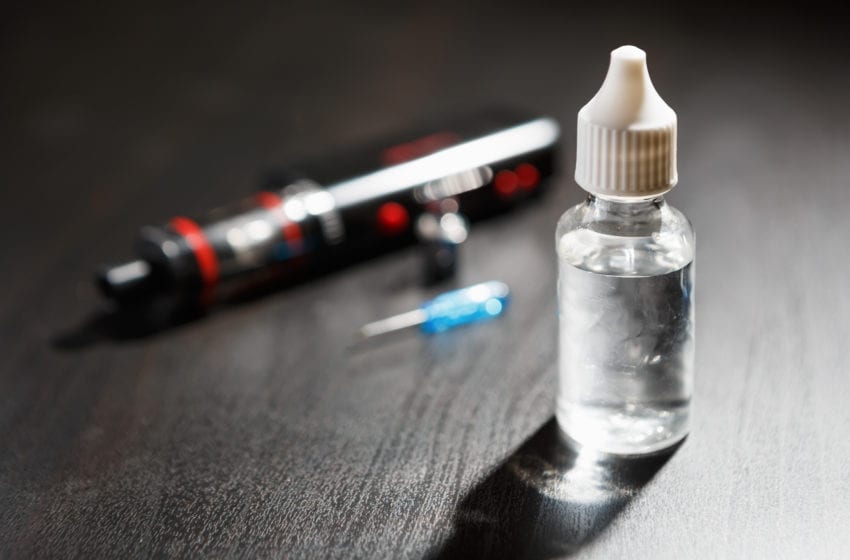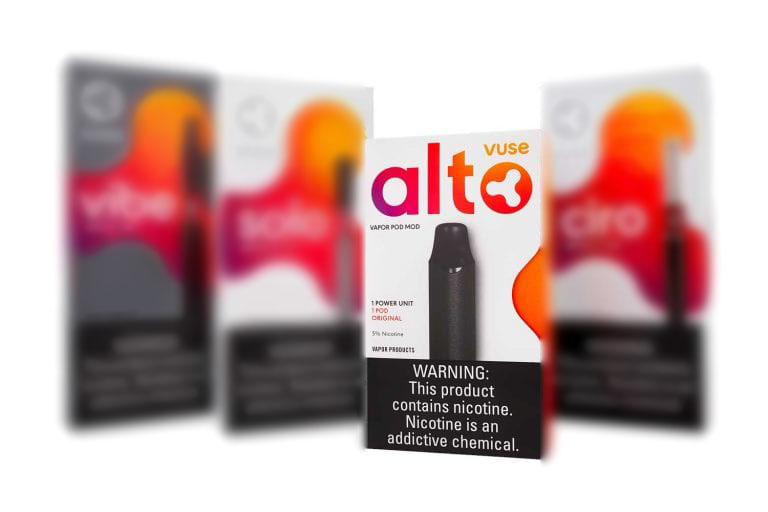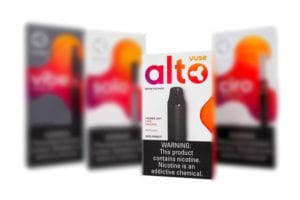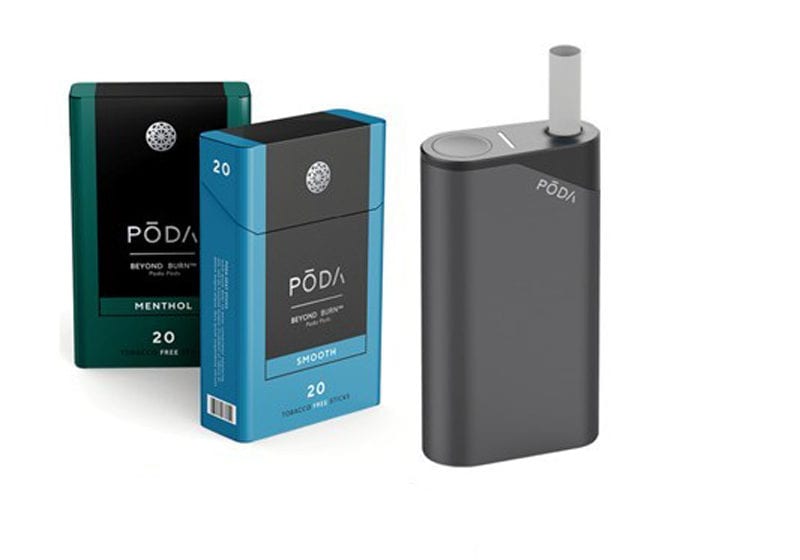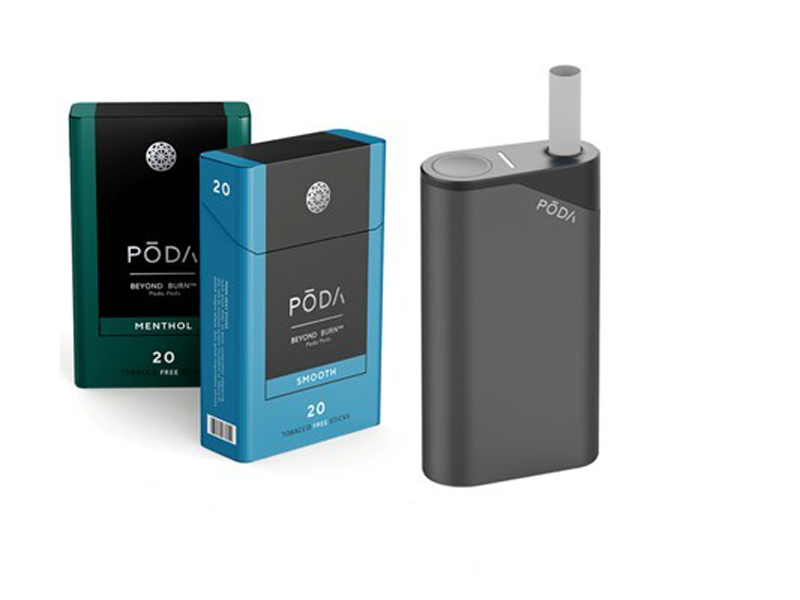
Vuse has become the first global carbon neutral vape brand, according to BAT.
Vuse’s carbon neutrality has been delivered through carbon offset through reforestation projects. This includes a project in Uruguay to plant trees across 21,298 ha, where intensive cattle grazing has eroded soil and degraded land. As well as removing carbon dioxide and delivering better soil quality and biodiversity, the project will also result in increased availability and quality of employment opportunities, BAT noted.
The carbon neutrality of Vuse has been independently validated by Vertis based on product life cycle assessment data provided by an independent third party.
“Vuse becoming the first global carbon neutral vaping brand is a significant milestone,” said Kingsley Wheaton, chief marketing officer at BAT, in a statement. “It is testimony to BAT’s deep and longstanding commitment to being a responsible business and reducing our impact on the environment.”

Vuse becoming the first global carbon neutral vaping brand is testimony to BAT’s deep and longstanding commitment to being a responsible business and reducing our impact on the environment.”
Kingsley Wheaton, chief marketing officer, BAT
According to BAT, Vuse’s carbon neutrality status is part of a bigger ambition to become an environmentally sustainable vape brand with initiatives including:
- A global device and pod collection scheme, with approximately 200,000 pods collected since the start of the pilot in 2020
- Cutting single use plastics from packaging, which has saved 100 tons of plastic or the equivalent of four million plastic bottles in 2020
- Transitioning from air to sea freight through changes to the distribution chain. Vuse aims to have 80 percent of international shipments transported by sea by the end of 2022
BAT says it is also reducing its carbon footprint by improving the energy efficiency of factories by upgrading to more efficient and lower-impact equipment, and by increasing the use of renewable energy through renewable energy purchases and on-site energy generation.
Today’s announcement by BAT coincides with the opening of the 100th Vuse Inspiration Store. Vuse Inspiration Stores are now operating in the U.K., Canada, Poland, Germany, South Africa and the U.S









